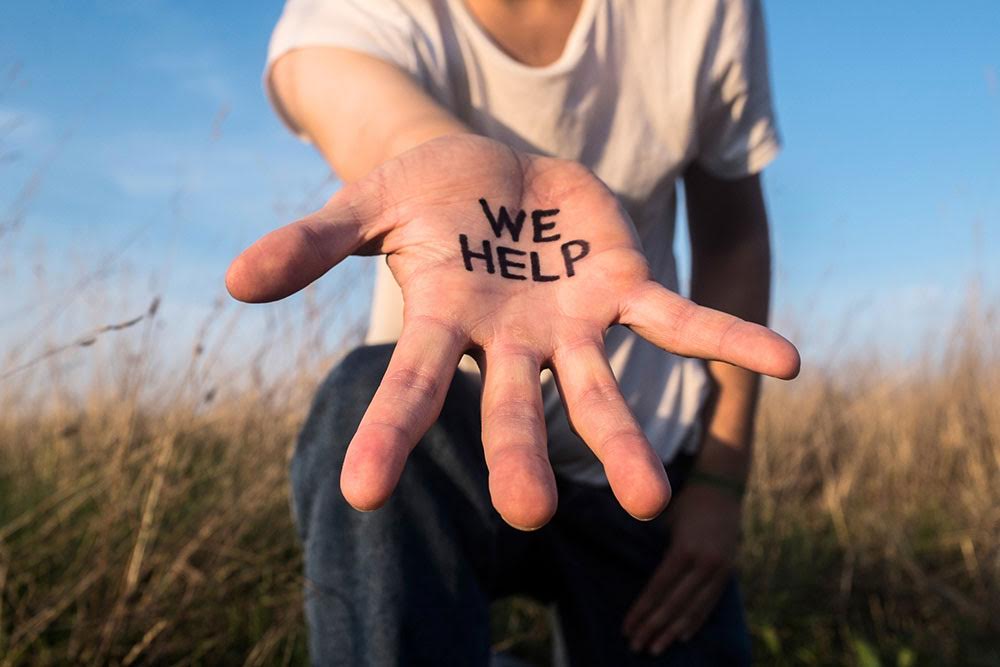A study released last September reinforced the benefits of peer recovery for substance addiction.
The research was prompted by increasing trends in peer support groups and was aimed at increasing awareness in drug abstinence, reduce relapse and STD-risk behaviors, and inspire self-advocacy in recovering addicts, according to Kathlene Tracy, author of the study and director of community research and recovery program at the New York University School of Medicine.
“I’ve had a long-standing interest, both because I see the benefits that it offers to the recipients of the peer supportive treatment, but also the peers delivering the treatment,” said Tracy, who has been researching peer supportive groups for 20 years. “It’s a win-win situation.”
Peer support was instrumental in the recovery of Philip Navarrete, 33, who was looking for true sobriety. He had intermittent periods of sobriety from his 15-year addiction to alcohol, but still found himself smoking marijuana, or going back to alcohol. He would eventually check himself into Hope House in Anaheim, California on June 16.
The human connections in peer recovery programs like Hope House’s can foster a sense of belonging for recovering addicts like Navarrete, who needed an extra boost of confidence and a feeling of acceptance from people who had similar experiences.
“When you put a peer — somebody who has struggled with substance use disorders or psychiatric disorders — in an empowering position within your hospital, you begin to see their strengths and not their weaknesses,” Tracy said.
Navarrete has gone from being counseled and seeking support from peers, to providing the kind of support he got at his most vulnerable moments. He’s now part of a peer support group that will soon graduate, and he visits Hope House twice a week to “give [recovering addicts] a little motivation or inspiration,” he said.
“There were people (in treatment) that were completely negative… all the time, so I would always make it a point to try to pick their spirits up.”
Research has shown the effectiveness of peer support, according to the Substance Abuse and Mental Health Services Administration (SAMHSA), the agency within the U.S. Department of Health and Human Services.
“Recovery for individuals with behavioral health conditions is greatly enhanced by social connection,” SAMHSA’s website stated. “Yet, many people with mental and/or substance use disorders are not fully engaged in their communities, either through personal relationships, social events, or civic activities. Unfortunately, many individuals often remain socially isolated and excluded.”
“(In peer support) you get to meet people from different walks of life, yet you’re all telling a similar tale,” Navarrete said. “You all got to rehab somehow, someway. You all can relate.”
Here are a few reasons why peer recovery groups can be effective in treating addiction…(continue reading)


















